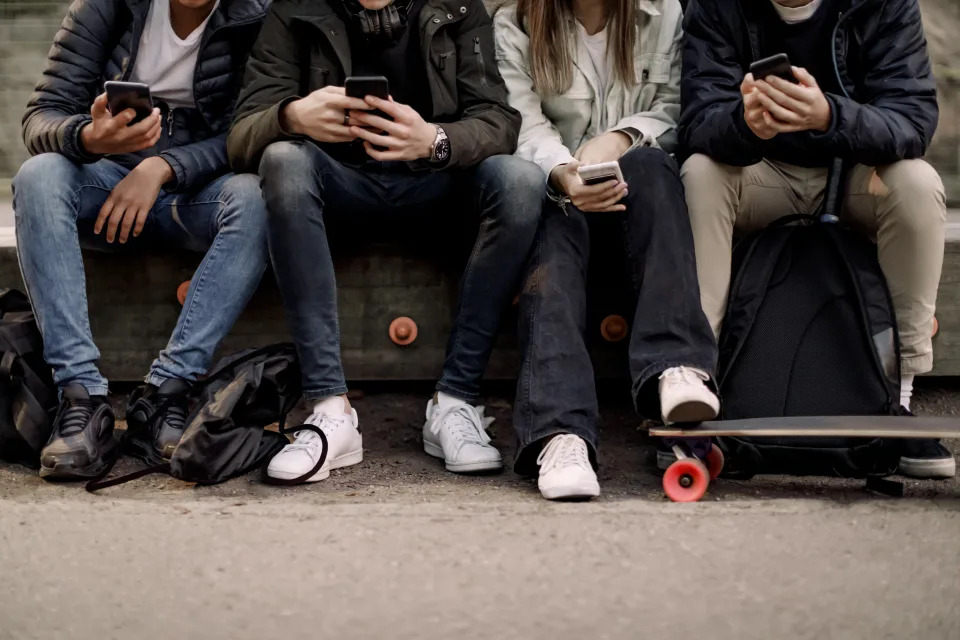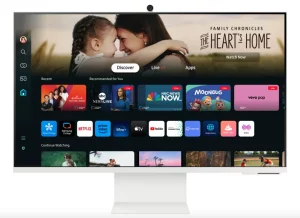US District Judge Yvonne Gonzalez Rogers has decided that the major social media companies, including Google (owner of YouTube), Meta (operator of Facebook and Instagram), ByteDance (owner of TikTok), and Snap, must face lawsuits attributing teenagers’ social media addiction to them. Bloomberg Law reports that this ruling means these companies cannot escape the federal lawsuits filed against them over the past few years.
Judge Rogers, overseeing the cases, rejected the companies’ argument that they are not liable for personal injury claims under the First Amendment and Section 230 of the Communications Decency Act. While Section 230 protects publishers from user-generated content, the judge asserted that the lawsuits extend beyond third-party content. She also noted that the companies failed to provide sufficient reasons to avoid accountability for other complaints, including defective parental controls, ineffective age verification systems, and obstacles in the account deactivation process. Simultaneously, she dismissed some complaints, such as those accusing the companies of failing to restrict certain types of content.
The lawsuits were filed on behalf of minors nationwide. In 2022, a Connecticut mother sued Meta and Snap, alleging that they contributed to her 11-year-old daughter’s addiction, leading to her tragic death. In October of the same year, Meta faced lawsuits from 41 states and the District of Columbia, accusing the company of being aware that its “addictive” features were harmful to children and teens. Companies like Meta have been under heightened scrutiny since former employee Frances Haugen revealed internal Facebook research showing Instagram’s negative impact on a significant percentage of teens.
Google spokesperson José Castañeda emphasized the company’s commitment to child protection, stating, “In collaboration with child development specialists, we have built age-appropriate experiences for kids and families on YouTube, and provide parents with robust controls.” He added, “The allegations in these complaints are simply not true.” A TikTok spokesperson echoed similar sentiments, stating that the app has “robust safety policies and parental controls.”




